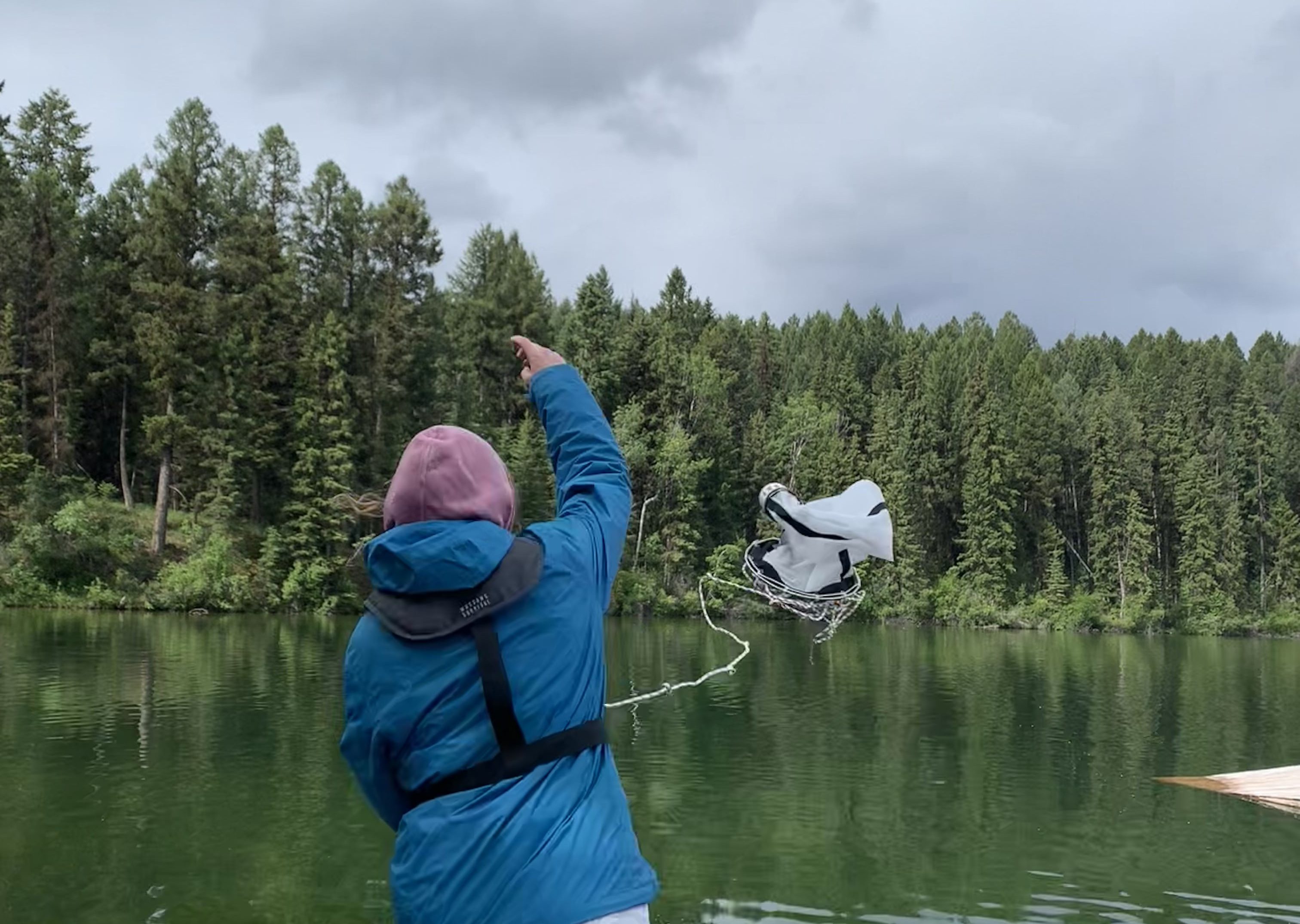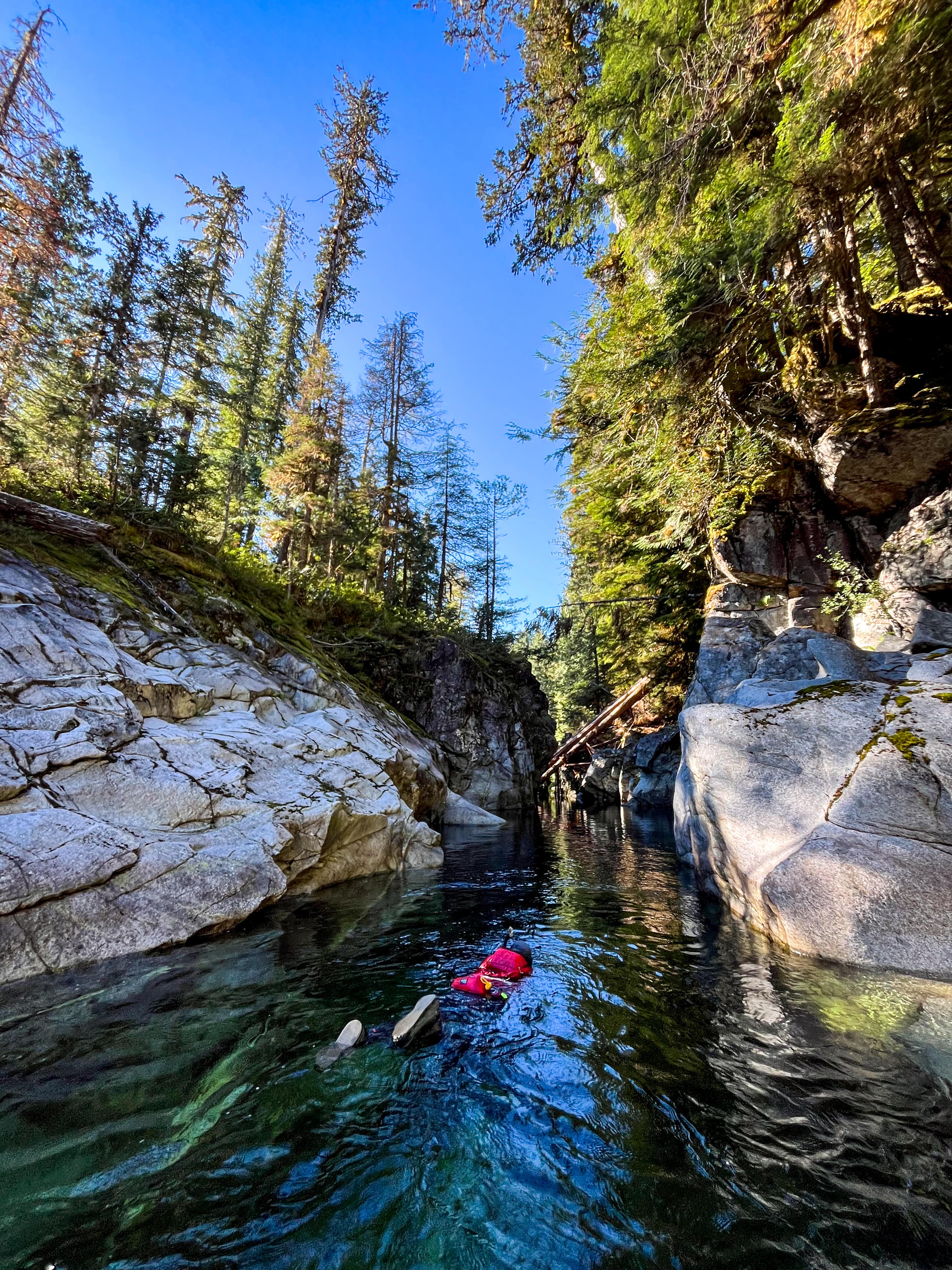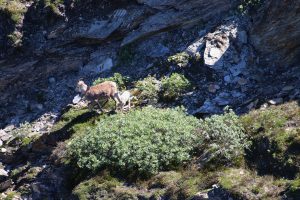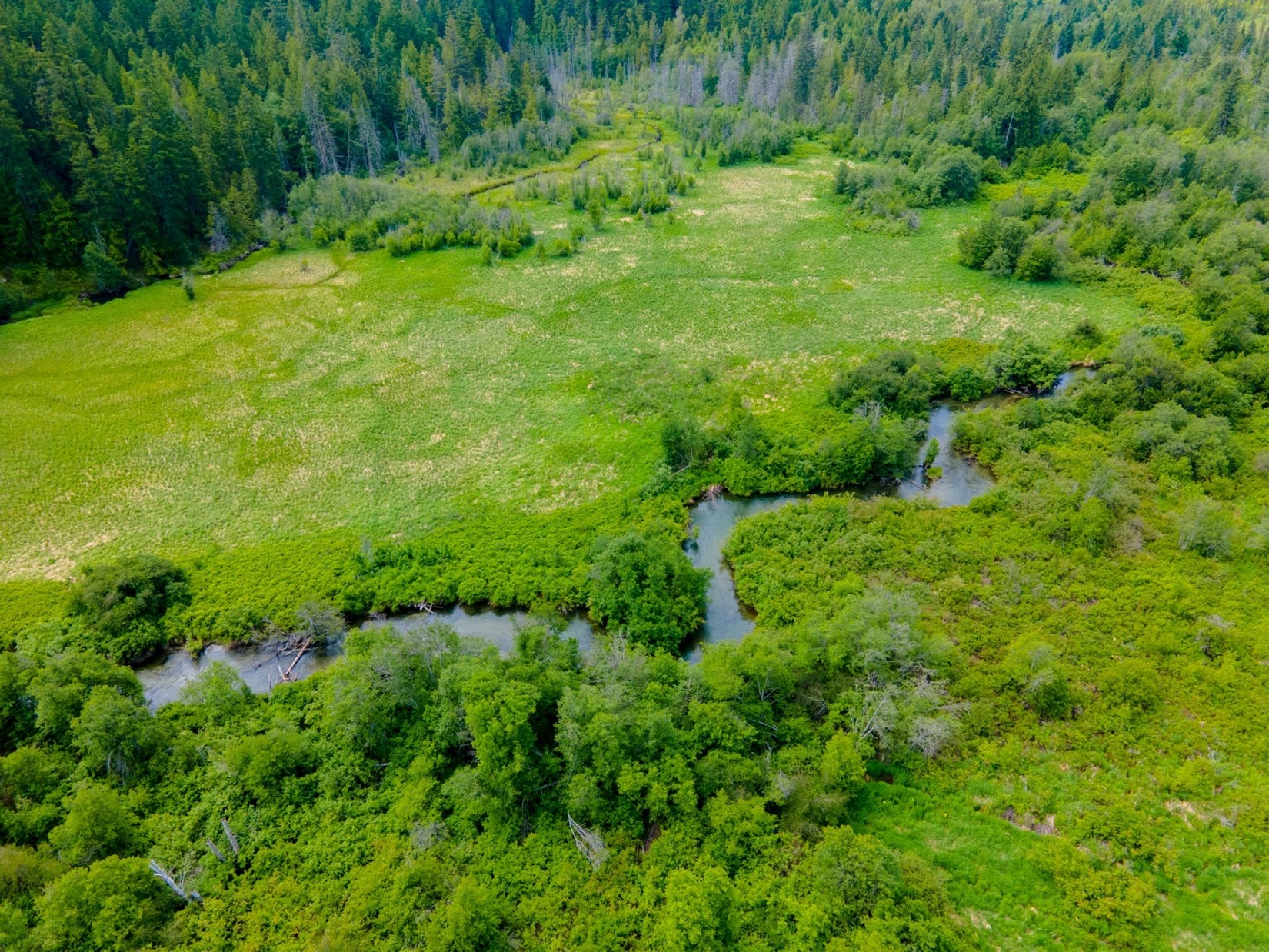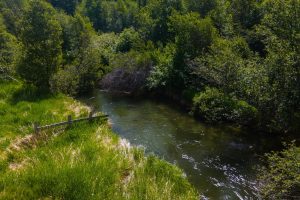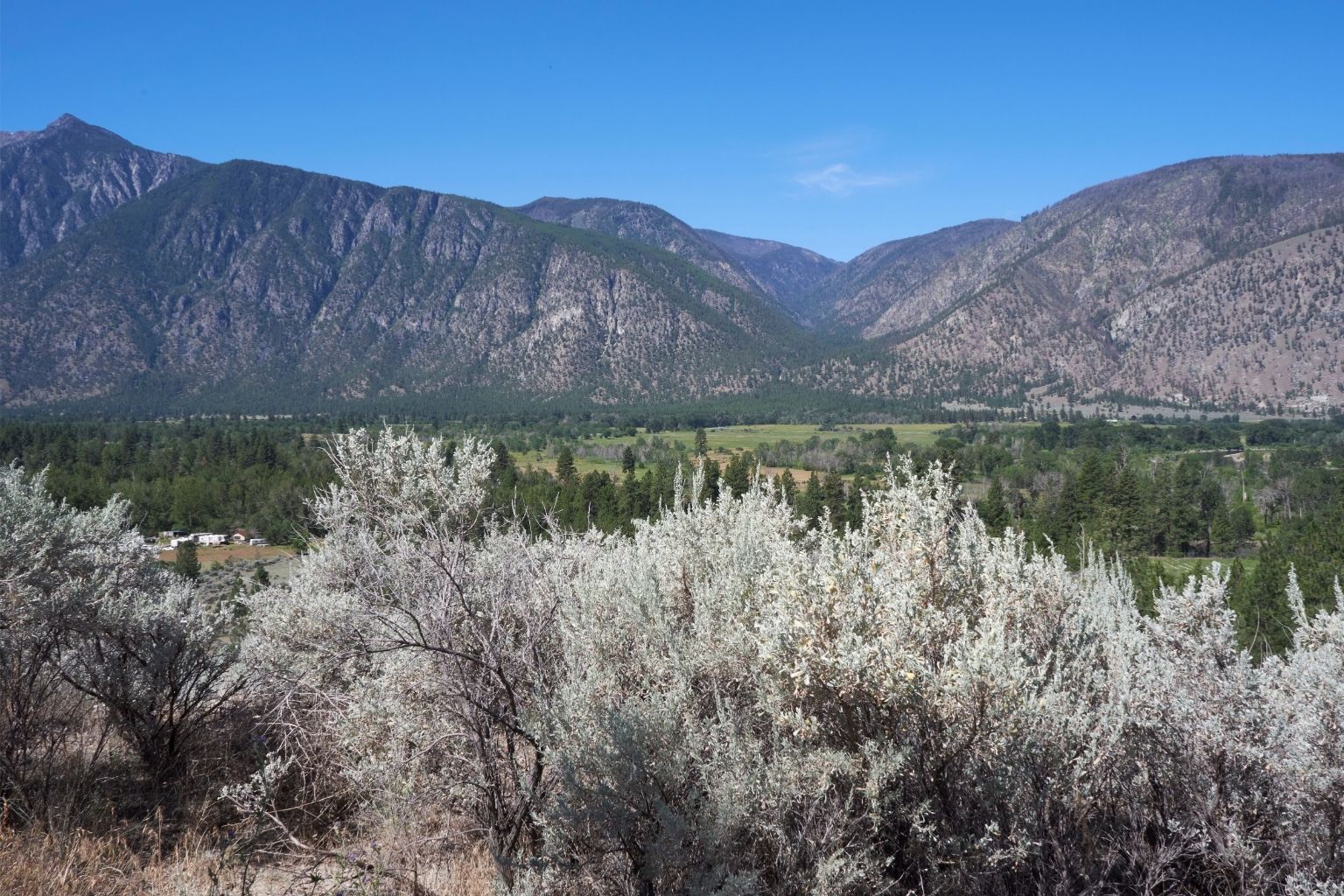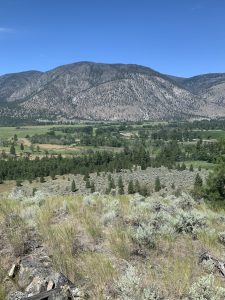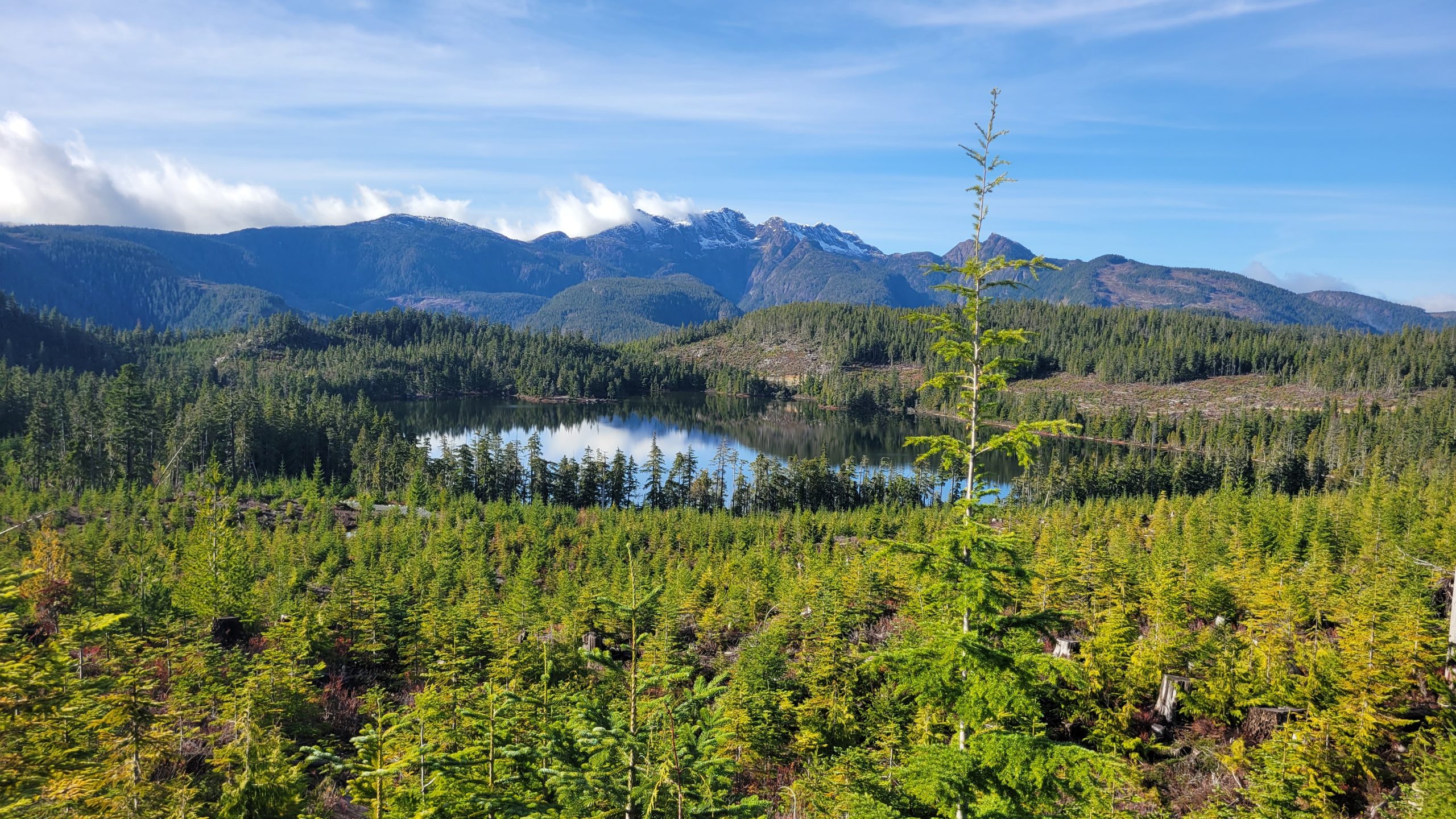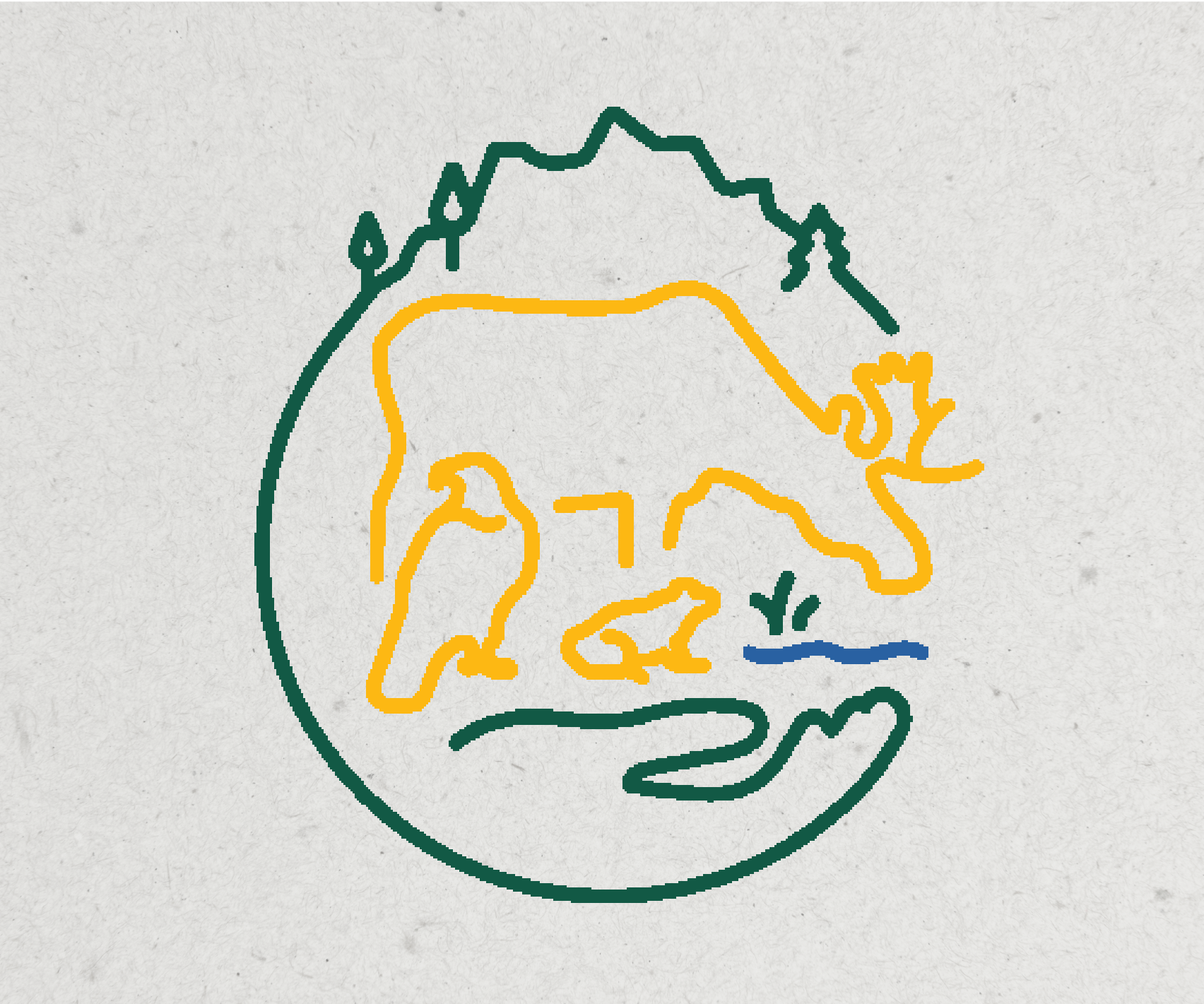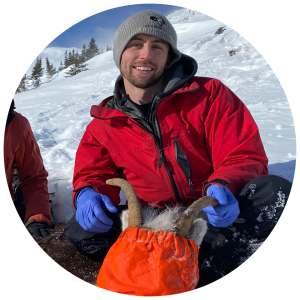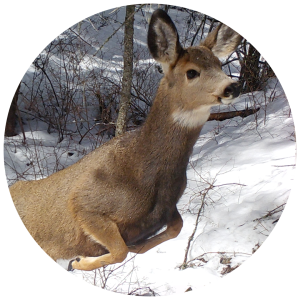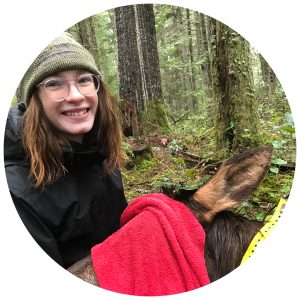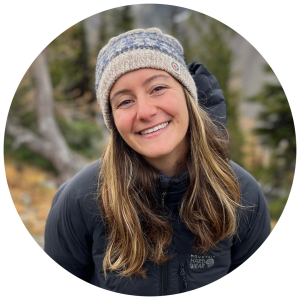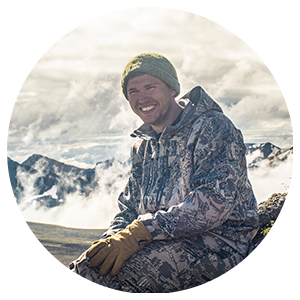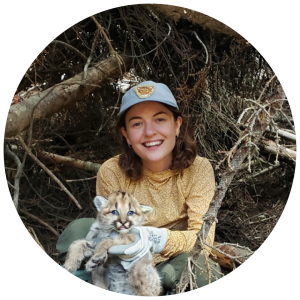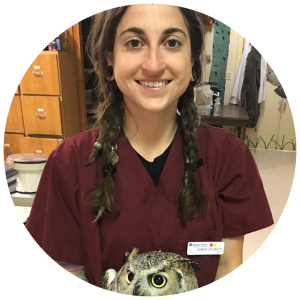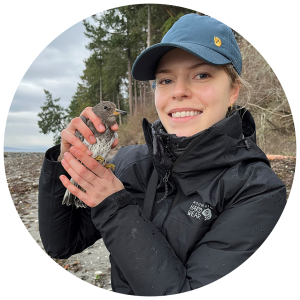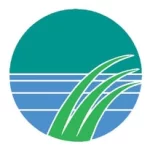For many in British Columbia, the arrival of summer means endless adventure, time spent outdoors with friends and family, and especially, time spent on the province’s stunning freshwater lakes and rivers. However, for a few B.C. residents, the summertime signals the beginning of critically important environmental monitoring work to protect the health of treasured waterways.
There are some tiny yet mighty animals that B.C. is on the lookout for: these unassuming creatures are known as the zebra and quagga mussels, a pair of freshwater mollusks that are known across Canada for wreaking havoc on freshwater systems that have involuntarily come to house them.
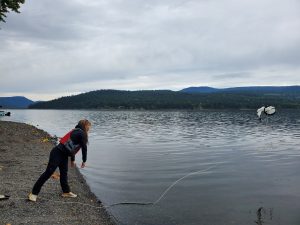
5-310: Invasive Mussel Monitoring in the Cariboo Regional District, ISCBC
Photo by Alex Mutch
Originally from the Caspian and Black Seas, these tiny animals were introduced to North America in the 1980s and established themselves in eastern Canada. These mussels grow and multiply astonishingly quickly, with colonies rapidly consuming much-needed nutrients from water, clogging and destroying important infrastructure and habitat, as well as outcompeting freshwater mussels that are native to B.C. Zebra and quagga mussels are introduced to new waterways via contaminated watercraft or aquatic gear that have not been Clean, Drained, and Dried.
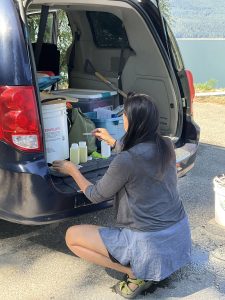
4-581: Preserving the Ecological Function of BC’s Freshwater, CKISS
Photo by Khaylish Fraser
To combat these animals and their potential invasion, groups across B.C. prepare their sampling gear every year to protect their local waterways from these mussels. Equipped with plankton tow sampling tools, sediment samplers, and a keen eye for any suspicious organisms, these groups take to their local waterways and sample high-risk waterbodies. Early detection, if found, is a key component in a quick and rapid response to any potential introduction.
This year, HCTF’s Invasive Mussels Monitoring Grant will administer 11 projects for a total of $230,893 in funding. Each monitoring organization will undertake the sampling of several local waterbodies throughout the summer months, when detections are most likely to appear. In the fall and winter, results will be reported to HCTF and the Province of B.C.
See the map below for this year’s monitoring locations:
HCTF is incredibly thankful for the Provincial ($130,000) and Federal (DFO) Aquatic Invasive Species Prevention Fund ($180,000) funding support for the Invasive Mussels Monitoring Program that HCTF administers. This year, the total funding requested came in below the total amount available. The next opportunity to apply for the grant will be in winter 2025-26.
To learn more, go to the Ministry of Water, Land, and Resource Stewardship’s Invasive Mussels webpage: Stop the Spread of Invasive Mussels – Province of British Columbia.
For questions about the Invasive Mussel Monitoring Grant, reach out to HCTF’s Aquatic Programs Coordinator at cathryn.klincans@hctf.ca or our Grants Officer at grants@hctf.ca.


